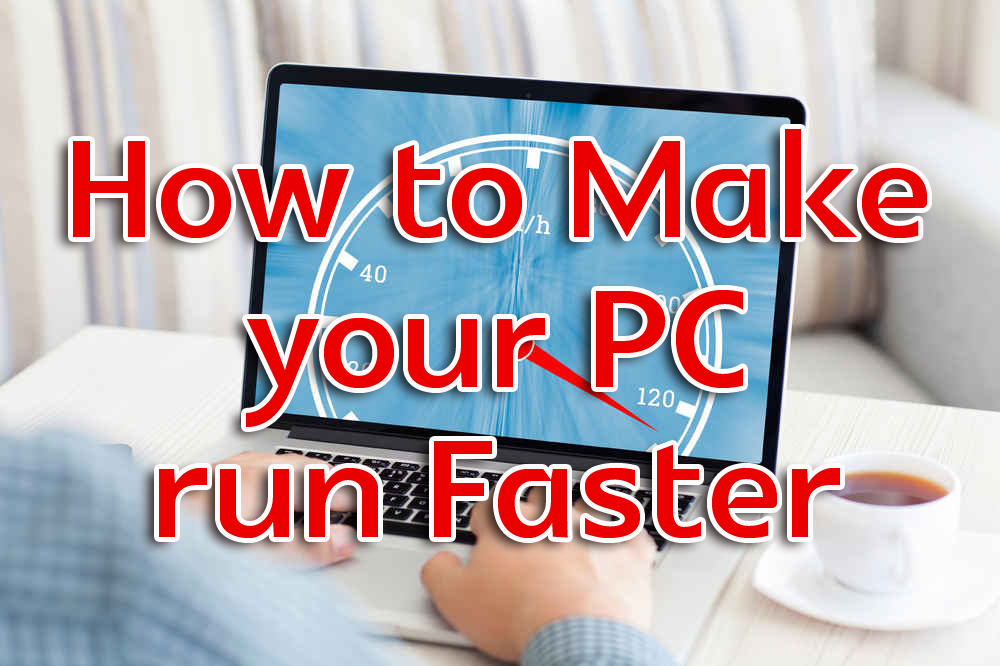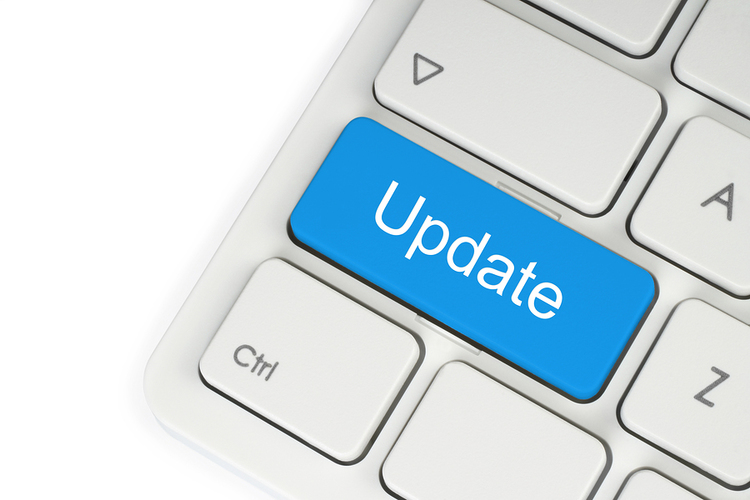Computer Running Slow
A slow computer can be really frustrating, especially when you are trying to do some tasks urgently. Regular use of your computer can result in the buildup of unwanted files in it and fragment the hard disk space. Bad computer habits can also contribute to the slowness of your PC. There can be a plethora of causes for your computer to run slow such as using many programs at the same time, browsing with multiple browser windows, putting the PC to sleep instead of shutting down, adding many services, neglecting regular maintenance.
Waiting in front of the computer for a file to open or a page to load can always test your patience and even the sanest person might think about throwing their computer to the dustbin. However, do not throw it away. There are many things that you can do to speed up your slow computer. Below are some of the simple things that you can do to speed up a computer that is running slow.

Reboot
If you have not rebooted the PC recently, the first thing that you need to do is to reboot it. Make sure to restart the PC at least once a day. After rebooting the computer, you can continue with the following steps.
Stop Background Programs
One of the most common causes of computer slowness is programs running in the background. These programs can use resources like RAM memory and processor and make your computer crawl. You can open the task manager to see the programs that are running in the background and the percentage of CPU and memory that the programs are using.
If you have an antivirus program installed on your computer, make sure that it is not scanning the PC in the background, as a background scan can decrease the performance of the PC and make it slow. If you find that a virus scan is in progress, allow it to finish and see if the performance is improving. After the scanning is finished, you can disable the background scanning option of the antivirus program.
Free Hard Drive Space
It is important for the hard drive of your computer to have a minimum of 500 MB free space to perform normally. If there isn’t enough space on the hard disk to allow the PC to have room for the temporary files. You can do simple things like running a disk clean up utility, disabling system restore, uninstalling unwanted programs and old games, and disabling hibernation to free up the hard disk space.
Delete Temp Files
When a computer is used, temporary files get stored in the hard disk. These files can accumulate over time and negatively affect the performance of the PC. Deleting these files from the computer can help you to improve its performance. You can make use of the Disk Cleanup utility of the operating system to get rid of all the temporary and other files that are no longer needed.
The Disk Cleanup utility might not remove all the files in the temp directory. Therefore, it will be a wise idea to delete the files manually. To manually get rid of the temp files, you need to open the Start menu and select Run. In the Run window, type in %temp% and hit the Enter key to reach the Temp folder. You can delete all the files in this folder. However, you will not be able to delete the currently used files. Therefore, you can skip them and continue deleting the other files.
Scan for Viruses
Virus infection is another popular cause of computer slowness. If there are multiple virus infections on your PC, your computer can be very slow. If you have an antivirus program installed on your computer, you can run a full system scan to find the viruses and delete it. If not, you will need to contact our virus removal team, as the malware and viruses residing in your computer will not let you install an antivirus program. Our experts can efficiently remove virus infection from your computer to make it faster.
Corrupted or Fragmented Hard Drive
You need to ensure that the hard drive of your PC does not have any physical issues. For this, you can use the Check disk and Scan disk utilities. These utilities can help you ensure that there are no physical errors with the hard disk. After that, you need to run the disk defragmenter to make sure that the files stored in the drive are arranged in the best possible way. If the hard drive of the PC is fragmented, the PC will take much time to respond.

Update Windows
It is important to ensure that you have installed all the latest Windows updates on your computer. If you find that an update is available for the version of the Windows operating system installed in your PC, you need to install it. However, if you are unable to install the same, our tech support team can help you with finishing the installation successfully.
Update Drivers
After updating the Windows version, you will need to update the drivers for the hardware installed on your PC. It is especially important to update the video drivers, as using out of data drivers can lead to slow performance and even lags in video playback. You can check for the drivers of the peripherals installed in your PC from the Device Manager section of your computer and update it from there.
Why Choose Us
You need not worry if you do not know to perform these steps, as we are here to help you. Our tech support team can remotely access your computer to perform the above-explained steps and many more steps to improve the performance of your PC. However, if it is a hardware issue like a physical issue with your hardware or low RAM memory is making the computer slow, you will need to replace the hard drive or upgrade the RAM.
Do not dump your slow computer; contact our expert tech support team to improve its performance without breaking your budget.
